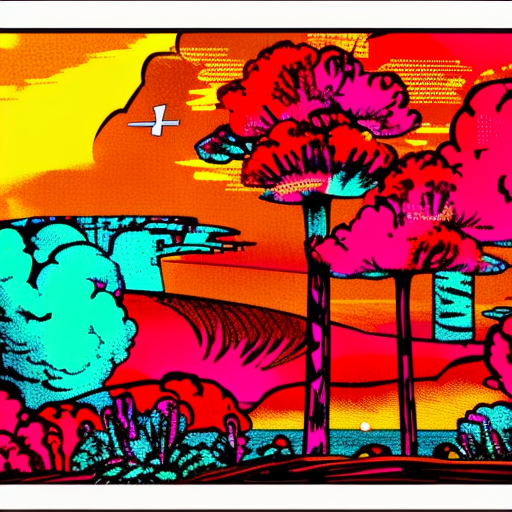One-line Summary:
In “Men at Arms: The Play,” Terry Pratchett brings his beloved Discworld series to the stage with a hilarious and action-packed adaptation that explores themes of identity, duty, and the absurdity of war.
Introduction:
“Men at Arms: The Play” is a theatrical adaptation of Terry Pratchett’s popular Discworld novel, “Men at Arms.” Written by Stephen Briggs, the play captures the wit, charm, and satirical brilliance of Pratchett’s original work. Set in the fantastical city of Ankh-Morpork, the story follows the Ankh-Morpork City Watch as they navigate a world of political intrigue, racial tensions, and the imminent threat of a dangerous weapon. With its clever dialogue, memorable characters, and thought-provoking themes, “Men at Arms: The Play” is a delightful and entertaining experience for fans of Pratchett’s Discworld series and newcomers alike.
The City Watch and Their Quirky Members:
At the heart of “Men at Arms: The Play” is the Ankh-Morpork City Watch, a ragtag group of misfit law enforcement officers. Led by the grizzled yet honorable Captain Vimes, the Watch is a diverse ensemble of characters, each with their own quirks and strengths. From the bumbling yet lovable Corporal Carrot, who may not be entirely human, to the enigmatic and gender-fluid Sergeant Angua, the Watch is a colorful and endearing group that captures the essence of Pratchett’s beloved characters.
The Absurdity of War and Racial Tensions:
As the Watch investigates a series of mysterious murders, they find themselves caught in a web of political intrigue and racial tensions. In Ankh-Morpork, where dwarves, trolls, and humans coexist, the city is on the brink of war due to a long-standing feud between dwarves and trolls. The play explores the absurdity of war and the destructive power of prejudice, highlighting the futility of conflict and the importance of understanding and acceptance.
Identity and the Power of Words:
Another prominent theme in “Men at Arms: The Play” is the exploration of identity and the power of words. Through the character of Corporal Carrot, who discovers his true heritage and embraces his destiny, the play examines the idea that one’s identity is not solely determined by their appearance or lineage but by their actions and choices. Additionally, the play emphasizes the impact of words and how they can shape perceptions and influence the course of events.
Key Takeaways:
- War is absurd and destructive, highlighting the futility of conflict.
- Racial tensions can lead to division and misunderstanding, emphasizing the importance of acceptance and understanding.
- Identity is not solely determined by appearance or lineage but by one’s actions and choices.
- Words have the power to shape perceptions and influence events.
A Memorable Quote:
“The reason that the rich were so rich, Vimes reasoned, was because they managed to spend less money. Take boots, for example. He earned thirty-eight dollars a month plus allowances. A really good pair of leather boots cost fifty dollars. But an affordable pair of boots, which were sort of okay for a season or two and then leaked like hell when the cardboard gave out, cost about ten dollars. Those were the kind of boots Vimes always bought and wore until the soles were so thin that he could tell where he was in Ankh-Morpork on a foggy night by the feel of the cobbles. But the thing was that good boots lasted for years and years. A man who could afford fifty dollars had a pair of boots that’d still be keeping his feet dry in ten years’ time, while the poor man who could only afford cheap boots would have spent a hundred dollars on boots in the same time and would still have wet feet.”
In “Men at Arms: The Play,” Terry Pratchett’s wit and satire shine through as he explores themes of war, racial tensions, identity, and the power of words. Through the adventures of the Ankh-Morpork City Watch, the play delivers an entertaining and thought-provoking experience that reminds us of the absurdity of conflict and the importance of acceptance and understanding.












